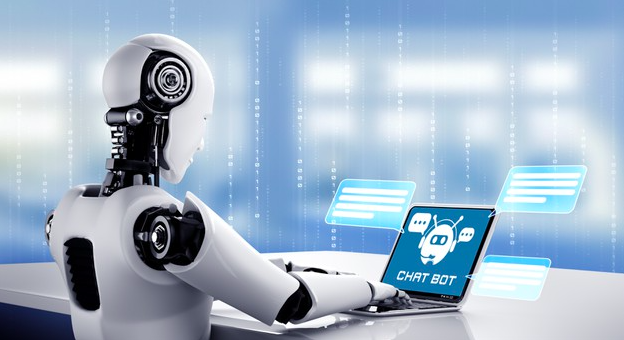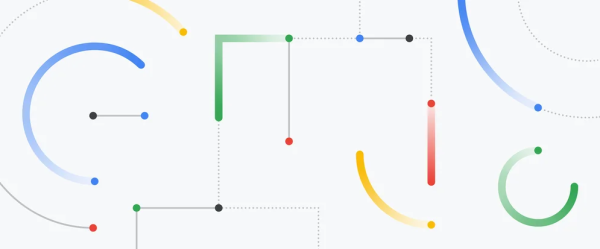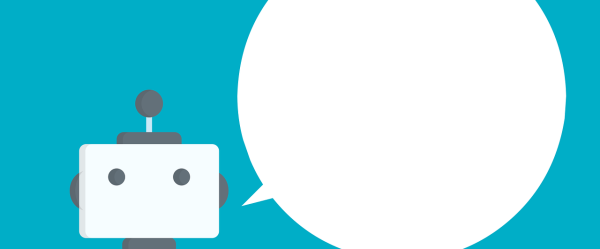More than 40% of healthcare executives think that AI will change the health industry profoundly in the next three years, according to an Accenture report. Already several types of Artificial Intelligence, for example, predictive analysis and machine learning are addressing different medical problems. Chatbot services are one of the swiftly progressing areas.
Artificial Intelligence Chatbot and Healthcare
AI-powered chatbots can help triage patients and guide them to receive appropriate help. They serve as a reliable and accurate alternative to the online searches patients perform when trying to understand their disease in the light of symptoms they feel.
Chatbots could help patients decide where to go for medical care when they are not sure about it. Often, patients have little idea if their conditions require them to visit the ER or telemedicine would suffice.
Usually, people do not have the adequate medical knowledge to understand the severity of their diseases. That’s the gap chatbot services can fill in several ways. Precisely, chatbots can provide them with information about their condition and suggest the next stages. However, patients have to give them some basic information about how they are feeling.
Advantages of Using Chatbot Services in Medical
AI chatbots can share the daily burden of clinical teams.
First and foremost, they suggest an online discussion or physical visit after analysis of patient data.
Today, when the world is facing a global pandemic. Already, the responsibilities of medical professionals have increased more than ever. The advantages of chatbot technology should be crystal clear to the world.
Following are the four best advantages of AI chatbot services.
- Improved organization of patient pathways.
- Instant help in emergencies.
- Better medical management.
- Solution for a simple medical issue.
Risks of AI Chatbots in Health Care
Every technology has its pros and cons. Chatbots are no exception. The public has to be very clear that chatbots will never replace doctors.
User Privacy
The first concern is user privacy. Sharing personal information with bots is not something every end-user is comfortable with. AI implementation of any type could come with this concern. Moreover, covid has also accelerated the pace of cyberattacks.
Wrong Diagnosis
It perhaps is more severe than the previous risk. Failure of AI chatbot in understanding the situation could result in severe injury or even the death of a patient. Consumption of the wrong drug can have dreadful consequences. Patients suffering due to incompetencies of the health care system is common, even though the involvement of AI chatbot services is significantly lesser.
Use Cases of Chatbots in Health care
To elaborate on the advantages that chatbot services come with for patients and health care providers, let us consider five use cases.
Frequently Asked Questions
The FAQ section is an essential component of any business or service website. Nowadays, providers are opting for an interactive chatbot on the homepage. It smartly handles the general inquiries. Hospitals also use it to help users find the required information easily and quickly.
Bots can answer basic questions like which documents should they show for special treatment? Or what are the payment modes available, and what are the regular visiting hours, etc. One-stop-shop for all general questions is the perfect metaphor. It saves a lot of time.
Appointment Scheduling
The idea is not so new. Bots allow scheduling doctor appointments. Moreover, some can receive lab results and send follow-up reminders. A well-designed chatbot can do all of this without a human agent or receptionist.
Patients can choose the doctor, schedule a time slot, insert their personal information, and also symptoms. Hence, the doctor would have a clear picture of the patient’s condition before the physical visit. The bot will handle follow-up messages through text, email, and even voice messages. The best thing about chatbot services is that they can deal with multiple clients simultaneously. Human representatives, of course, can not do that.
Symptom Checking
Chatbots now allow the patients to understand their medical conditions from the comfort of their home. Chatbots can comprehend the messages despite input variation, with the help of natural language processing. Highly accurate responses would not have been possible were it not for this technology. Accuracy is essential in symptom checking.
Bots assess the information and help users narrow down the cause of their medical condition. One relevant example is Ada. Different scientists and engineers have created it to suggest possible treatment. Ada utilizes its powerful NLP and AI capabilities to do that.
Health Tracking
Some patients need medical assistance regularly. Chatbots are useful for them as well. They can create links between their doctors and patients and provide a comprehensive record of the tracked health conditions. Doctors can better assess the effects of prescribed management medication.
Florence is an example of such a chatbot. This is designed for patients who undergo long-term medical care. Users have access to information about clinic locations. Other notable features are health tracking, medication reminder, and statistics.
Hiring & Training
Health care companies are always hiring new employees. Their applications generate a lot of paperwork. Some forms need to be filled out, and credentials need to be double-checked. Hence, the job of the Human Resources department becomes easy. A new employee could subscribe to a chatbot and become integrated into the boarding for a recently opened position. Organizations use chatbots to send files to new employees and automate other tasks like vacation requests, maternity leaves, etc.
What is Next?
In short, technology is getting advanced every other day. For sure, we can expect more comprehensive chatbots to enter the market soon.
A lot of room for growth and improvement is yet to be filled in the chatbot services. Chatbots may offer telemedicine consultation with available doctors through video chat if required.
Cloud applications are also on the rise, just like Artificial Intelligence and other technological solutions. Medical researchers and scientists are striving to find new ways of streamlining medical procedures and make things easy.







